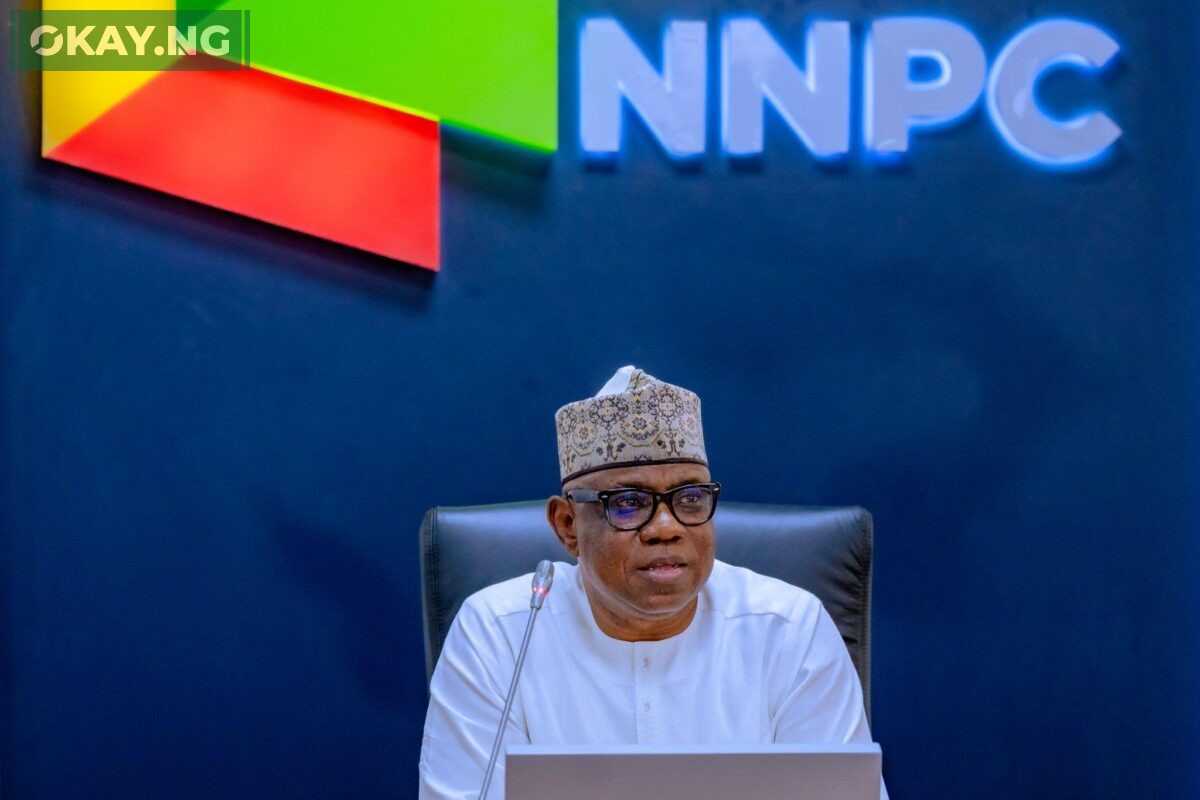The Group Chief Executive Officer of the Nigerian National Petroleum Company Limited (NNPC Ltd), Mr. Bashir Bayo Ojulari, has expressed deep concern over the devastating impact of the three-day industrial strike embarked upon by the Petroleum and Natural Gas Senior Staff Association of Nigeria (PENGASSAN).
In a detailed letter addressed to the Nigerian Midstream and Downstream Petroleum Regulatory Authority and the Nigerian Upstream Petroleum Regulatory Commission, Ojulari confirmed that the strike resulted in a 16 percent loss in crude oil production, a 30 percent cut in marketed gas, and a 20 percent decline in electricity supply nationwide.
The correspondence, which was also sent to the National Security Adviser and the Department of State Services, was titled “Impact Assessment of Ongoing Industrial Action” and dated September 29, 2025.
According to Ojulari, the shutdown disrupted major oil terminals, gas plants, and power facilities, causing deferments of about 283,000 barrels of crude oil per day and 1.7 billion standard cubic feet of gas daily. This development, he warned, threatens the nation’s economic lifeline.
okay.ng reports that the industrial action was prompted by a fallout between PENGASSAN and the management of the Dangote Refinery. The union accused the refinery of massive layoffs, indiscriminate transfers, and the replacement of Nigerian staff with expatriates. However, the refinery management has repeatedly denied these allegations, stating that staffing adjustments were made solely for operational reasons.
Following federal government intervention, PENGASSAN suspended the nationwide strike but insisted that the truce is only temporary. “We are only suspending, not calling off this strike,” the union’s president, Festus Osifo, told journalists in Abuja.
Ojulari further disclosed that five critical maintenance programs had been postponed, including the USAN turnaround maintenance, AKPO GT-3 pigging, H2 well tests, annual compressor maintenance, and SEPNU EAP IGE operations. These disruptions, he noted, are expected to escalate production losses if not swiftly addressed.
He added that while limited exports were ongoing through non-union staff, the impact of the strike has already resulted in demurrage penalties from delayed shipments.
Ojulari concluded, “It is our considered view that the current industrial action has impacts that extend beyond the Dangote Refinery. The disruptions pose systemic risks to energy supply, personnel and asset security, and the wider economy.”







